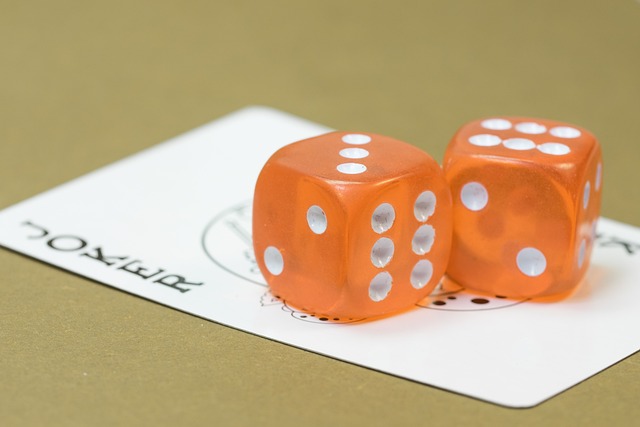The world of gambling is fascinating and full of mysteries, but one thing remains constant – the crucial role of mathematics. In the world of online casinos and betting, mathematical concepts like probability and statistics are not just tools, but the cornerstones that determine how games are designed, played, and ultimately won or lost. This article examines how mathematics is applied in gambling and why it matters to players and operators alike.
The Basics: Probability and Statistics
Probability is the backbone of gambling. Simply put, probability is a measure of how likely a particular event is. In the world of gambling, this means calculating the odds of a particular game outcome. For example, the probability of hitting a certain number in roulette is 1 in 37 (or 1 in 38 in the American version) because there are 37 (or 38) possible numbers.
Statistics is also crucial as it deals with the analysis and interpretation of data. In the context of gambling, statistics allow casinos to understand how games work over time and how probabilities play out in practice.
The House Edge: Why the Casino Always Wins

One of the most fundamental concepts in gambling mathematics is the house edge. This term describes the mathematical advantage that the casino has over the players. Every game in a casino is designed so that in the long run the house keeps a certain percentage of every money wagered. In roulette, for example, the existence of the zero (and in the American version also the double zero) ensures that the true chances of winning for players are lower than the payouts. This leads to a positive expected value for the casino.
Probability strategies when playing
For players, understanding probabilities is crucial to maximizing their chances of winning. In blackjack, for example, a player can significantly reduce the house edge by learning basic strategy based on probability calculations. It’s similar with games like poker, where players have to make decisions based on probabilities about which cards should be held or discarded.
The Illusion of Control: Gambling Myths
An interesting aspect of gambling mathematics is the so-called “gambler’s fallacy” trap. Many players mistakenly believe that past results can influence future events. In roulette, for example, they believe that if red comes out several times in a row, the probability of black in the next game is higher. However, mathematically each game is independent and the probability remains the same.
Progressive Betting Systems: A Double-Edged Sword

Progressive betting systems, in which players increase or decrease their bets after wins or losses, are another example of the application of mathematics in gambling. While such systems can lead to short-term profits, they do not guarantee success in the long term. Systems like the Martingale system can be particularly dangerous because they can result in huge losses during a losing streak.
Statistical reality vs. player experience
The statistical reality of gambling is often at odds with players’ personal experience. While the math sets clear expectations, a player’s experience in a single session can vary greatly. This often leads to fallacies and a misunderstanding of the true nature of gambling.
The role of mathematics in gambling is undeniable and pervasive. From determining the house edge to developing gaming strategies, everything is based on mathematical principles. A deep understanding of these concepts can help players make informed decisions and understand gambling at its core. For casinos, mathematics is the tool they use to keep their businesses profitable. In both cases, mathematics is not just part of the game – it is the game.
